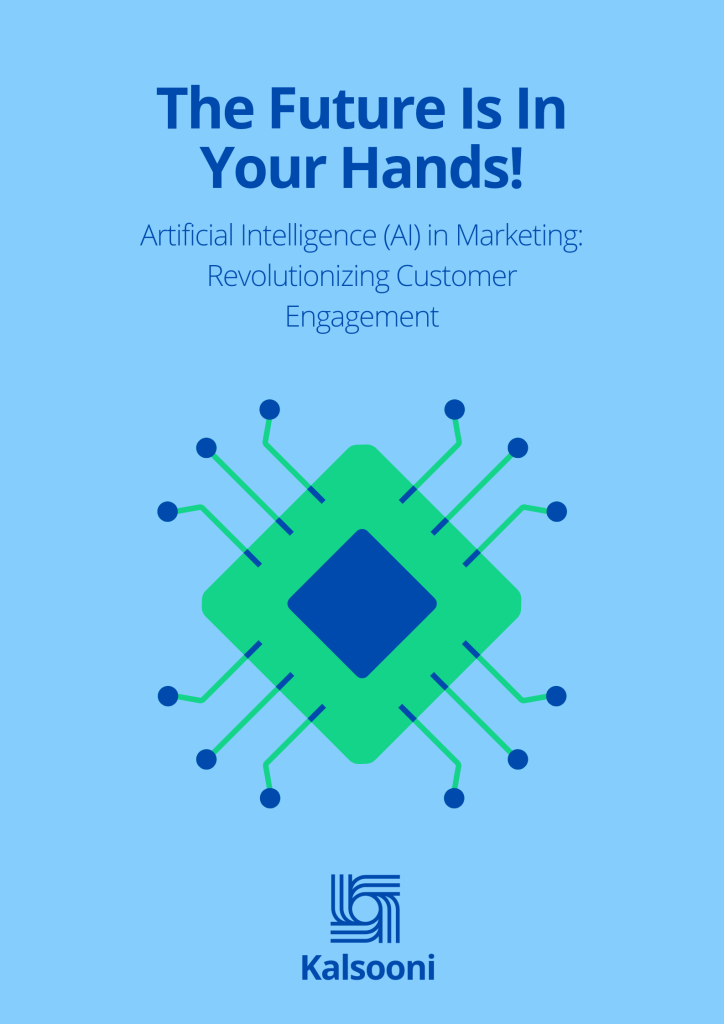Introduction
Artificial Intelligence (AI) is transforming the landscape of digital marketing, enabling businesses to connect with customers in more personalized, efficient, and impactful ways. This comprehensive guide explores how AI is revolutionizing marketing strategies, the benefits it offers, and practical applications that can help businesses stay ahead of the competition.
How AI is Transforming Marketing
1. Personalized Customer Experiences AI allows marketers to analyze vast amounts of data to understand customer preferences and behavior. By leveraging machine learning algorithms, businesses can deliver personalized content, product recommendations, and targeted advertisements, enhancing customer satisfaction and loyalty.Example: E-commerce platforms like Amazon use AI to recommend products based on browsing history and past purchases, increasing the likelihood of sales.
2. Enhanced Customer Insights AI-powered analytics tools provide deeper insights into customer demographics, purchasing patterns, and engagement metrics. These insights help marketers create more effective campaigns and make data-driven decisions.Example: Google Analytics uses AI to offer predictive analytics, helping marketers anticipate future trends and customer needs.
3. Automated Content Creation Ai tools can generate high-quality content quickly, from blog posts to social media updates. This automation not only saves time but also ensures consistency in brand messaging.Example: Tools like Copy.ai and Jasper (formerly Jarvis) create compelling marketing copy, allowing businesses to maintain a steady stream of content.
Benefits of AI in Marketing
1. Increased Efficiency AI automates repetitive tasks such as email marketing, social media posting, and ad management, freeing up time for marketers to focus on strategy and creative work.
2. Improved ROI By optimizing marketing efforts and targeting the right audience, AI helps businesses achieve better return on investment (ROI). AI-driven campaigns often result in higher conversion rates and lower customer acquisition costs.
3. Real-Time Decision Making Ai enables real-time data processing, allowing marketers to adjust strategies on the fly. This agility is crucial in today’s fast-paced digital environment.Practical Applications of AI in Marketing
1. Chat Bots and Virtual Assistants AI-powered chat bots provide instant customer support and engagement, handling queries and guiding users through the sales funnel 24/7.Example: Chat Bots like Drift and Intercom enhance customer service by providing immediate responses and solutions.
2. Predictive Analytics Predictive analytics uses AI to forecast future customer behavior, helping businesses tailor their marketing strategies to meet anticipated demands.Example: Netflix uses predictive analytics to recommend shows and movies, increasing user engagement and retention.
3. Programmatic Advertising Ai automates the buying and placement of ads, targeting specific audiences with precision. This approach maximizes ad spend efficiency and effectiveness.Example: Platforms like Google Ads and Facebook Ads leverage AI for programmatic advertising, delivering personalized ad experiences.
Implementing AI in Your Marketing Strategy
1. Identify Key Areas for AI Integration Determine which marketing processes can benefit most from AI, such as customer segmentation, content creation, or customer service.
2. Choose the Right AI Tools Select AI tools that align with your business goals and budget. Consider platforms that offer scalability and integration with your existing systems.
3. Train Your Team Ensure your marketing team understands how to use AI tools effectively. Provide training and resources to help them adapt to new technologies.
4. Monitor and Optimize Continuously monitor the performance of AI-driven campaigns and make data-driven adjustments to optimize results. Use analytics to measure success and identify areas for improvement.
Conclusion
Artificial Intelligence is a game-changer in the marketing world, offering unprecedented opportunities for personalization, efficiency, and data-driven decision-making. By embracing AI, businesses can enhance customer engagement, drive higher ROI, and stay competitive in an ever-evolving digital landscape.For businesses ready to harness the power of AI, the future of marketing is bright. By strategically implementing AI tools and techniques, marketers can create more impactful campaigns and foster stronger customer relationships

